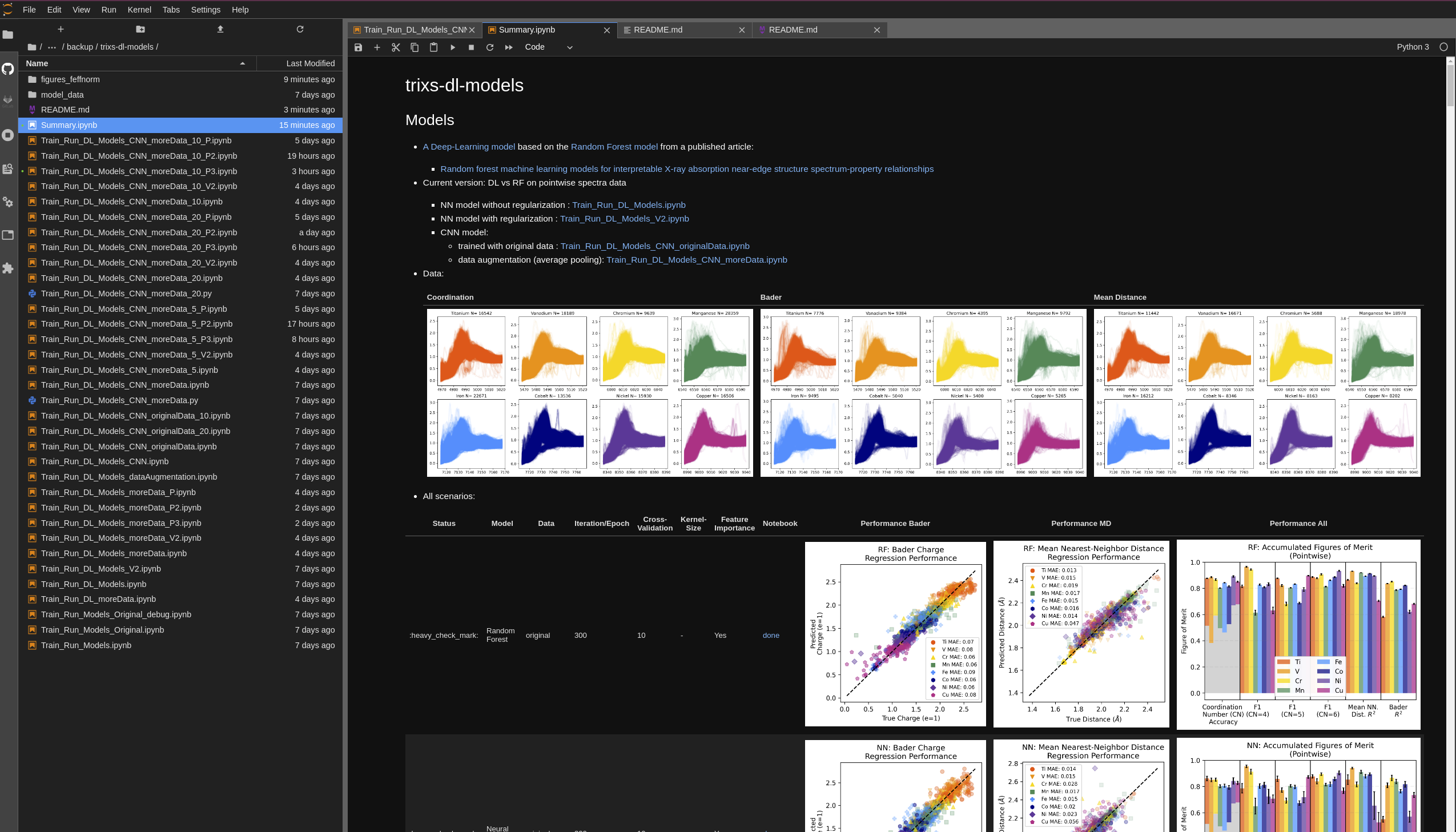
The Jupyter Notebook is an open-source web application that allows you to create and share documents that contain live code, equations, visualizations and narrative text. Uses include: data cleaning and transformation, numerical simulation, statistical modeling, data visualization, and machine learning.
Science IT consultants can help you get started on Jupyter Notebooks on the cloud, Lawrencium and SVM. Interested users can email ScienceIT@lbl.gov to inquire.
Jupyter Notebooks on Cloud
For data scientists, Jupyter has emerged as a de-facto standard for prototyping and analysis. Cloud providers offer machine learning and deep learning services in the form of cloud hosted Jupyter environments. With cloud hosted environments, data scientists can easily configure their desired hardware (such as CPU/GPU/TPU, RAM, Cores etc.) for large scale Deep Learning. IT Division has negotiated Master Payer agreements with both Amazon for their AWS cloud offering and Google for their GCP offering so that Lab researchers can make use of these services with a Lab project ID instead of having to use their own credit card. For more information, please see Getting a Cloud Account.
- Google Colaboratory (Colab) Notebook
- Colab is available to anyone with a Google account. As long as you are signed into Google, you can quickly get started by creating an empty notebook or uploading an existing notebook, easily available with almost all the libraries pre-installed, efficient enough with readily available GPUs and TPUs, can be saved on multiple locations from Drive to GitHub and also shared with colleagues. For more information, please see Colab FAQ.
- Colab vs. Colab Pro:
Colab Pro provides faster GPUs, longer runtimes, and more memory. With Colab Pro, users can get priority access to high-end GPUs such as T4 and P100 and TPUs; up to 24 hours of runtime, compared to 12 hours of Colab; up to 25GB of memory up to availability, compared to 12GB of memory for Colab users.
| Price | GPU | Runtime | Memory | |
| Colab | Free | K80 | Up to 12 hours | 12GB |
| Colab Pro* | $9.99/month | T4 & P100 | Up to 24 hours | 25GB with high memory VMs |
| * Colab Pro is not a part of our Google Enterprise license at the Lab. As an alternative, Google Cloud offers an integrated JupyterLab managed instance: AI Platform Notebook. | ||||
- Google AI Platform Notebook
- Google AI Platform Notebooks offer an integrated and secure JupyterLab environment for data scientists and machine learning developers to experiment, develop, and deploy models into production. Users can create instances running JupyterLab that come pre-installed with the latest data science and machine learning frameworks. For more information, please see GCP AI Platform.
- AWS SageMaker Notebook
- AWS SageMaker Notebook is the Jupyter Notebook running on machine learning (ML) compute instances. SageMaker manages creating the instance and related resources. Users can create a Jupyter notebook instance to prepare and process data, write code to train models, deploy models to SageMaker hosting, and test or validate your models. SageMaker also provides sample notebooks that contain complete code walkthroughs. These walkthroughs show how to use SageMaker to perform common machine learning tasks. For more information, please see SageMaker Example Notebooks.
- Jupyter Notebook on GCP VM Instances and AWS EC2 Instances
- You can install Jupyter Notebook on GCP/AWS instances and connect to the notebook via SSH tunneling, when you require resources more than Colab, AI Platform Notebook or SageMaker Notebook typically offers, for example, you might require multi-GPUs or higher GPU RAM or maybe a better GPU.
Lawrencium
- Lawrencium Cluster users can access the HPC resources with the interactive Jupyter Notebook service via Open OnDemand. For more information, please see LRC Open OnDemand.
SVM
- SVM (Scientific Virtual Machine) users can run Jupyter Notebook on their SVM instances and connect to the notebook via SSH tunneling. For more information, please see Scientific Virtual Machine Service.